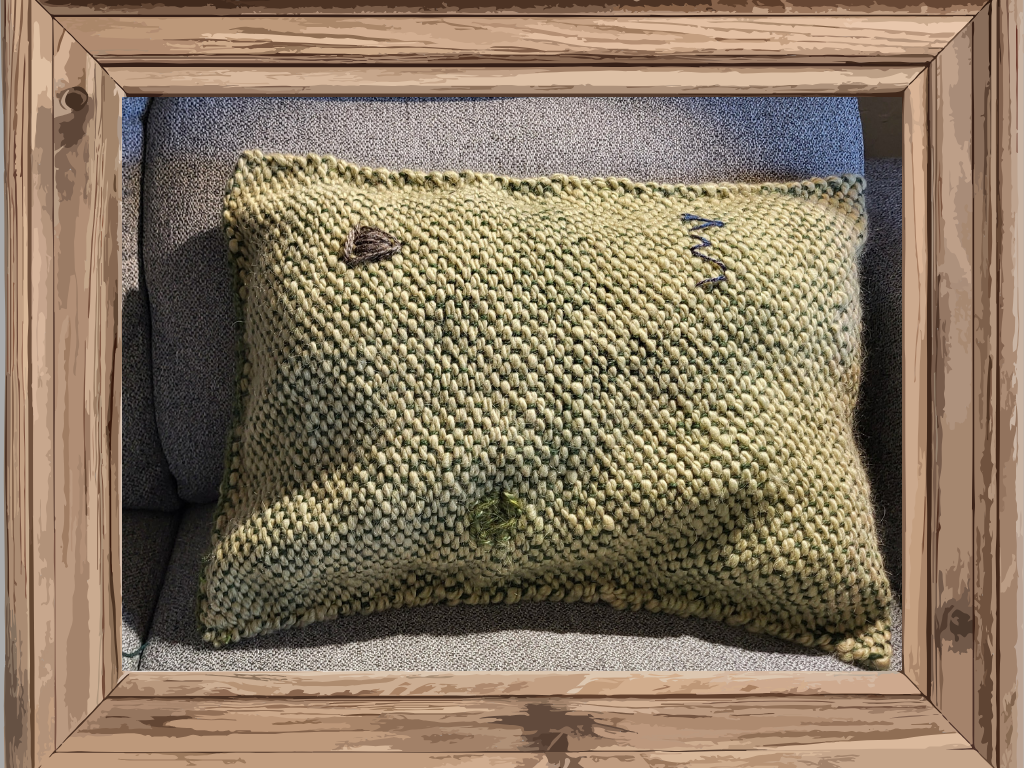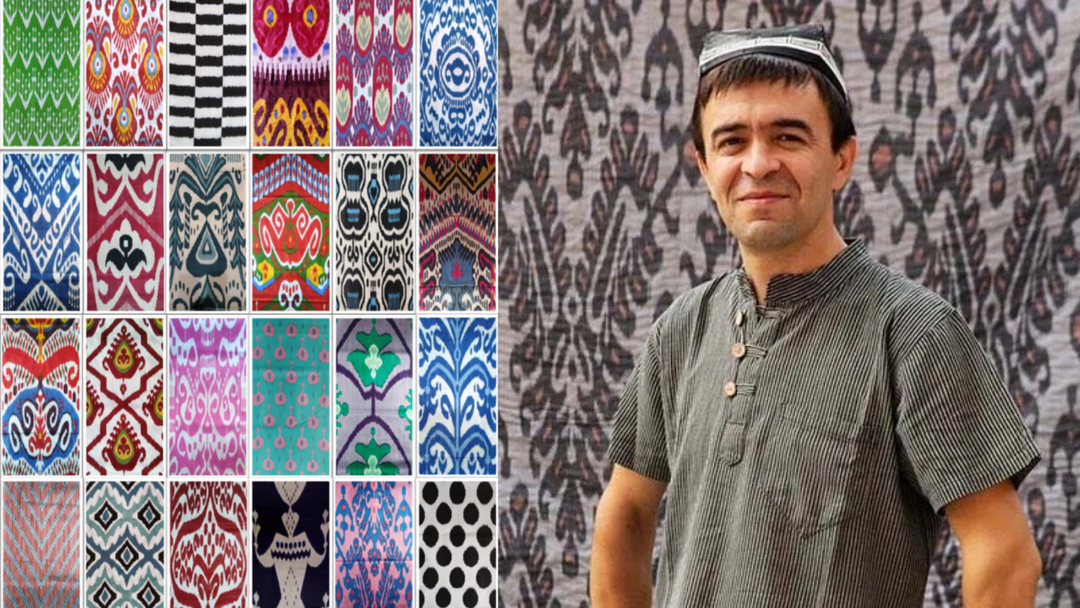
Since 2017, HoonArts has been a proud member of the Fair Trade Federation. After we were officially accepted as members of the FTF following a year-long application and verification process, we changed our legal business name is “HoonArts Fair Trade, LLC” to emphasize our official fair trade status. But what is "fair trade" and why does it matter?
The Fair Trade Federation (FTF) is a community of verified North American businesses that are dedicated to the principles of fair trade. Fair trade is an approach to business and to development based on dialogue, transparency, and respect that seeks to create greater equity in the international trading system. Fair trade businesses partner with farmers and craftspeople in developing countries who are socially and economically marginalized in finding markets and customers for their goods.
To learn more about the fair trade principles that serve as the foundation for our whole approach to business, click on each principle below:
Fair Trade Principles
Fair Trade Federation members fully commit to the following principles in all of their transactions.
Fair Trade is a strategy for poverty alleviation and sustainable development through trading partnerships. Members collaborate with marginalized communities to nurture equitable social and economic opportunities by growing market access. Members place the interests of producers and their communities as the primary concern of their enterprise.
Fair Trade involves relationships that are open, fair, consistent, respectful, and value an equitable distribution of power. Members are transparent with customers and producers about their supply chains by sharing information about the entire trading chain through honest and proactive communication. They create mechanisms to actively involve producers and customers in the trading chain. If problems arise, members work cooperatively with fair trade partners and other organizations to implement solutions.
Fair Trade is a means to support producers’ self-sustainability and access to markets. Members maintain long-term relationships based on solidarity, trust, and mutual respect. Members collaborate with producers to build capacity through proactive communication, knowledge exchange, financial and technical assistance, market information, and dialogue. They seek to share lessons learned, to share best practices, and nurture collaborative relationships with and between communities, including among producer groups.
Fair Trade encourages an understanding by all participants of their role in world trade. Members actively raise awareness about Fair Trade and the possibility of greater justice in the global economic system. They encourage customers and producers to ask questions about conventional and alternative supply chains and to make informed choices. Members demonstrate that trade can be a positive force for improving living standards, health, education, the distribution of power, and the environment in the communities with which they work.
Fair Trade members use pricing frameworks based on the true cost of labor, time, materials, skill level, training, sustainable growth, and related factors. Members take steps to ensure that producers have the capacity to manage this process. Members comply with or exceed international, national, local, and, where applicable, Fair Trade Minimum standards for their employees and producers. Members seek to ensure that income is distributed equitably at all times, particularly equal pay for equal work by all. Members ensure prompt payment to all of their partners. Producers are offered access to interest-free advance payment for handmade goods, or pre-finance of agricultural harvest with favorable industry-specific terms.
Fair Trade means a safe and healthy working environment free of forced, exploitative, or underpaid labor. Throughout the trading chain, Members cultivate inclusive workplaces that encourage individuals to participate in the decisions that affect them. Members seek to eliminate discrimination based on religion, race, caste, national origin, disability, gender, sexual/affectional orientation, union membership, political affiliation, age, marital, or health status. Members support workplaces free from physical, sexual, psychological, or verbal harassment or abuse.
Fair trade means that all children have the right to security, education, and play. Throughout the trading chain, FTF Members respect and support the UN Convention on the Rights of the Child, as well as local laws and social norms. Members disclose the involvement of children in production and recognize that individuals often pass down their skillsets and traditions through generations, so there may be circumstances in which children are involved in production. Members have open communication with suppliers/producers about ways children may be involved and ensure that this does not conflict with educational opportunities when this occurs. Members do not support or in any way enable child trafficking or exploitative child labor.
Fair trade seeks to offer current generations the ability to meet their needs without compromising the ability of future generations to meet their own needs. Members actively consider the implications of their decisions on the environment and promote the responsible stewardship of resources. Members reduce, reuse, reclaim, recycle, and regenerate materials wherever possible. They encourage environmentally sustainable practices throughout the entire trading chain.
Fair trade celebrates the cultural, racial, and ethnic diversity of communities. Members work collaboratively with suppliers/artisans/producer groups to integrate traditional techniques and elements to support community-led cultural preservation initiatives. Members actively engage in open, collaborative, and honest conversations to create positive and equitable relationships within the trading system, and proactively address any concerns about the objectification or appropriation of cultural identities, traditions, techniques, and/or elements.
The Fair Trade Federation principles provide a framework for dedicated fair trade businesses. The FTF Code of Practice outlines the FTF’s specific expectations for each principle.
It’s a big and challenging mission! But it’s based on a vision of the future that inspires us every day. We’re always thinking about how we can better weave these principles into our everyday business activities as we welcome our art-loving fans “home to the Silk Road.”







Leave a comment